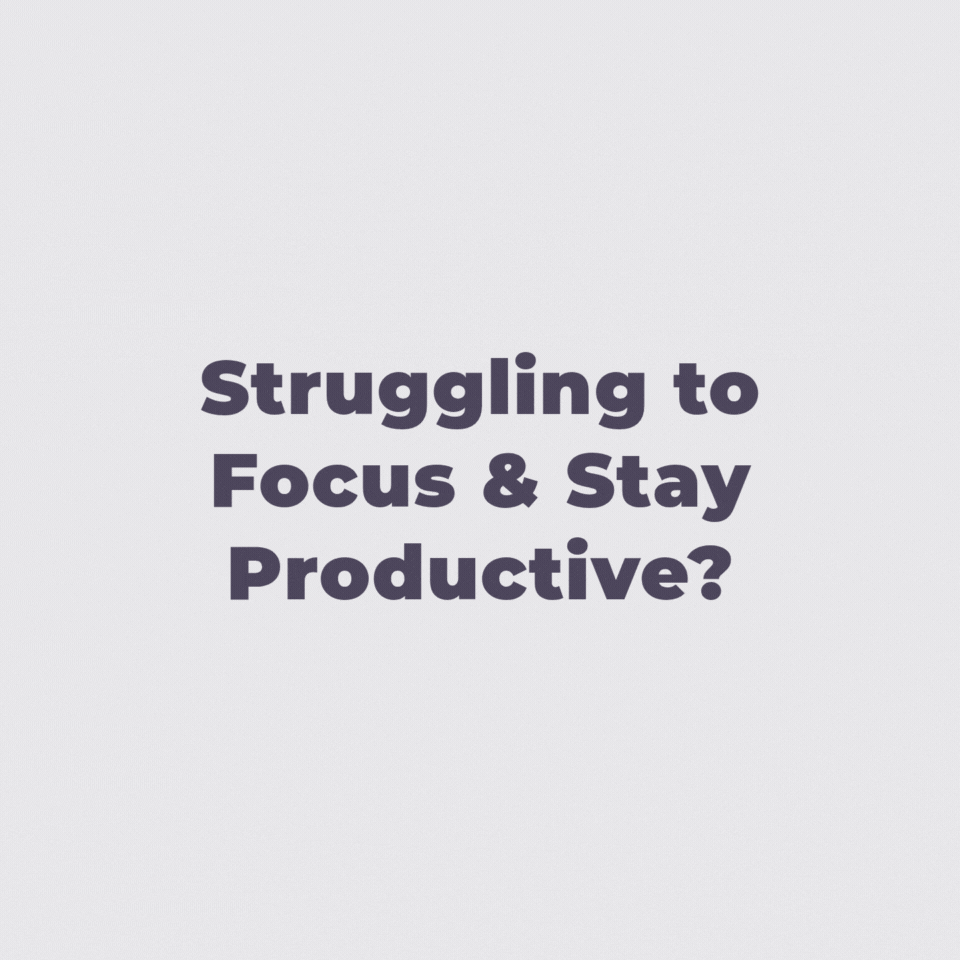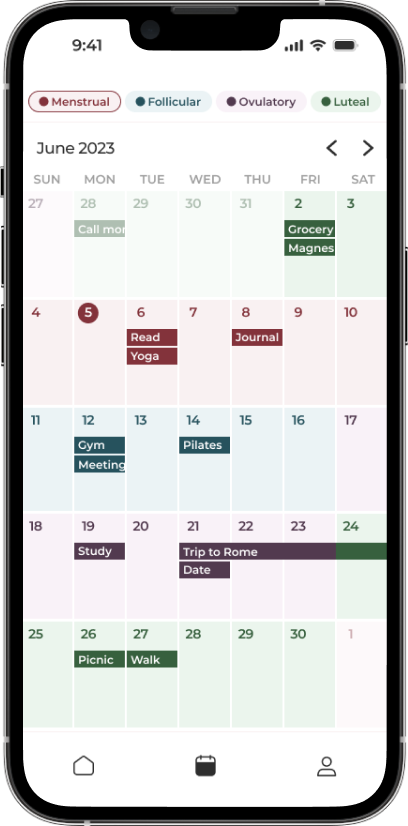Does a Life Coach Really Work?

In the pursuit of personal and professional growth, individuals often seek guidance and support from various sources. One such source that has gained popularity in recent years is the life coach. But, does a life coach really work? Who can benefit from their services, and how can they help individuals achieve their goals and overcome obstacles? In this article, we will explore the world of life coaching, its effectiveness, and the diverse ways it can positively impact lives.
What Is a Life Coach?
Before delving into the effectiveness of life coaching, it’s essential to understand what a life coach is and what they do. A life coach is a trained professional who works with clients to help them set and achieve their personal and professional goals. These goals can vary widely, from career advancement and time management to improving relationships and finding a sense of purpose.
The Role of a Life Coach
Life coaches act as guides and facilitators in their clients’ journeys toward self-improvement and personal development. They provide support, encouragement, and strategies to help individuals overcome obstacles, make decisions, and take meaningful actions. A life coach does not typically offer therapy or counseling but instead focuses on the present and future, helping clients move forward in their lives.
Who Is Life Coaching For?
Life coaching is a versatile and adaptable practice that can benefit a wide range of individuals. Here are some examples of who might benefit from working with a life coach:
1. Professionals Seeking Career Advancement
Many professionals turn to life coaches when they feel stuck in their careers or are looking to climb the corporate ladder. Life coaches can help individuals identify their career goals, improve their leadership skills, and navigate workplace challenges effectively.
2. Entrepreneurs and Business Owners
Starting and running a business comes with its unique set of challenges. Entrepreneurs and business owners often seek the guidance of life coaches to develop business strategies, manage stress, and strike a work-life balance.
3. Individuals in Transition
Life transitions, such as a change in marital status, relocation, or retirement, can be emotionally challenging. Life coaches offer support and guidance during these transitions, helping individuals adapt to change and make informed decisions.

Check out the Vision to Action Planner for only 6$
More info4. People Struggling with Time Management
Many individuals struggle with time management, leading to stress and a feeling of overwhelm. Life coaches can teach effective time management techniques and help clients create better work-life balance.
5. Individuals Seeking Personal Growth
Anyone looking to improve their overall well-being, build self-confidence, or enhance their interpersonal skills can benefit from working with a life coach. Life coaches can help individuals identify their strengths and weaknesses and develop strategies for personal growth.
6. Those in Need of Accountability
Some individuals struggle to stay accountable to their goals and commitments. Life coaches provide the necessary accountability and structure to ensure clients follow through with their plans.
The Effectiveness of Life Coaching
Now that we have a better understanding of who can benefit from life coaching, let’s explore the effectiveness of this practice. Skeptics may wonder if hiring a life coach is truly worthwhile. The evidence suggests that, for many individuals, life coaching can lead to substantial improvements in various areas of their lives.
Clarifying Goals and Values
One of the primary benefits of working with a life coach is the clarity it brings to one’s goals and values. Through targeted questioning and introspection, life coaches help clients define their aspirations and align them with their core values. This clarity provides a sense of purpose and direction, which can be a powerful motivator.
Overcoming Limiting Beliefs
Many individuals are held back by self-doubt and limiting beliefs. Life coaches help clients identify and challenge these beliefs, replacing them with more empowering thoughts and attitudes. This shift in mindset can be transformative, enabling clients to take bold steps toward their goals.
Quiz: What Is Blocking Your Success?
This quick quiz will help you figure out which mental or behavioral pattern might be holding you back from achieving your full potential. Identifying your specific success blocker is the first step toward breaking through to new levels of achievement and fulfillment.
Read each question and choose the answer that feels most true to your situation.
No email or payment is required to complete the quiz and receive your personalized insights.
Once you have your primary success blocker, you have clarity about what’s been holding you back. This awareness is powerful—many people spend years struggling without understanding the specific pattern that’s limiting their progress.
Remember, these patterns aren’t permanent character traits but rather habitual ways of thinking and behaving that can be changed with the right guidance and practice.
If you’re ready to break through your specific blocker and achieve the success you know you’re capable of, send me an email to try out a coaching session. Your breakthrough awaits!
Developing Action Plans
Setting goals is one thing; taking action to achieve them is another. Life coaches work with clients to create actionable plans that break down larger goals into smaller, manageable steps. This process not only makes goals more achievable but also builds momentum and confidence.
Accountability and Progress Tracking
Life coaches play a crucial role in holding clients accountable for their commitments. Regular check-ins and progress assessments help clients stay on track and make adjustments when necessary. This accountability ensures that clients continue to move forward toward their goals.
Improved Decision-Making
Life coaches assist clients in making informed and confident decisions. By providing a structured framework for decision-making and helping clients weigh the pros and cons of different options, life coaches empower individuals to make choices that align with their values and goals.
Enhancing Communication and Relationships
Effective communication and healthy relationships are essential for personal and professional success. Life coaches often work with clients to improve their communication skills, resolve conflicts, and build stronger, more meaningful relationships.
Managing Stress and Building Resilience
Life can be stressful, and setbacks are inevitable. Life coaches equip clients with strategies to manage stress and build resilience in the face of challenges. This resilience enables individuals to bounce back from setbacks and stay committed to their goals.
Celebrating Successes
Acknowledging and celebrating successes, no matter how small, is a vital part of the life coaching process. Celebrating achievements boosts confidence and motivation, making it easier for clients to continue their journey of self-improvement.
Different Approaches to Life Coaching
Life coaching is not a one-size-fits-all practice. Various approaches and methodologies exist within the field, each tailored to meet the unique needs and preferences of clients. Some common approaches to life coaching include:
1. Solution-Focused Coaching
This approach focuses on identifying solutions and strategies to overcome specific challenges or achieve particular goals. Solution-focused coaching is goal-oriented and emphasizes the client’s strengths and resources.
2. Holistic Coaching
Holistic coaching takes a comprehensive view of an individual’s life, considering various aspects such as career, relationships, health, and personal development. Coaches using this approach aim to create balance and harmony across all areas of life.
3. Performance Coaching
Performance coaching is often used in professional settings to enhance job performance and career advancement. Coaches in this category help clients set and achieve specific performance-related goals.
4. Transformational Coaching
Transformational coaching focuses on personal growth and transformation. Coaches using this approach help clients explore their values, beliefs, and identity to create lasting change in their lives.
5. Health and Wellness Coaching
Health and wellness coaches specialize in helping clients improve their physical and mental well-being. They assist with setting and achieving health-related goals, such as weight loss, stress management, and overall well-being.
Conclusion
So, does a life coach really work? The answer is a resounding yes for many individuals. Life coaching has proven to be an effective tool for setting and achieving personal and professional goals, overcoming obstacles, and fostering personal growth. Whether you’re seeking career advancement, better time management, improved relationships, or simply a more fulfilling life, a life coach can provide valuable support and guidance.
The effectiveness of life coaching lies in its ability to clarify goals, challenge limiting beliefs, provide actionable plans, and hold clients accountable for their progress. With various approaches to choose from, individuals can find a life coach whose style aligns with their needs and preferences.
In the end, the decision to work with a life coach is a personal one. If you’re ready to invest in your own growth and development, a skilled life coach can be a valuable partner on your journey to success and fulfillment. So, whether you’re a professional seeking career advancement, an entrepreneur navigating the challenges of business ownership, or anyone looking to improve your life, consider giving life coaching a try—it might just be the catalyst you need to reach your fullest potential.
Still waiting for the 'perfect time'?
Email me what you'd do if you stopped making excuses. We'll work backwards from there.
Let's startRecent posts
-
The Complete Guide to Becoming a High Achiever
Read blog -
How To Make a Positive Impact in Your Community
Read blog -
What Is the “Winter Arc” Challenge?
Read blog -
What Is "the Great Lock-In" and Should You Try It?
Read blog -
What Are the 75 Hard and Soft Challenges?
Read blog -
How to Validate Yourself
Read blog

The App Made To Sync Your Lifestyle to Your Menstrual Cycle.
A solution for women who are looking to keep track of what they sync to their cycles, such as fitness, diet, etc. by adding it to a calendar that also predict their phases.
Learn more





Comment